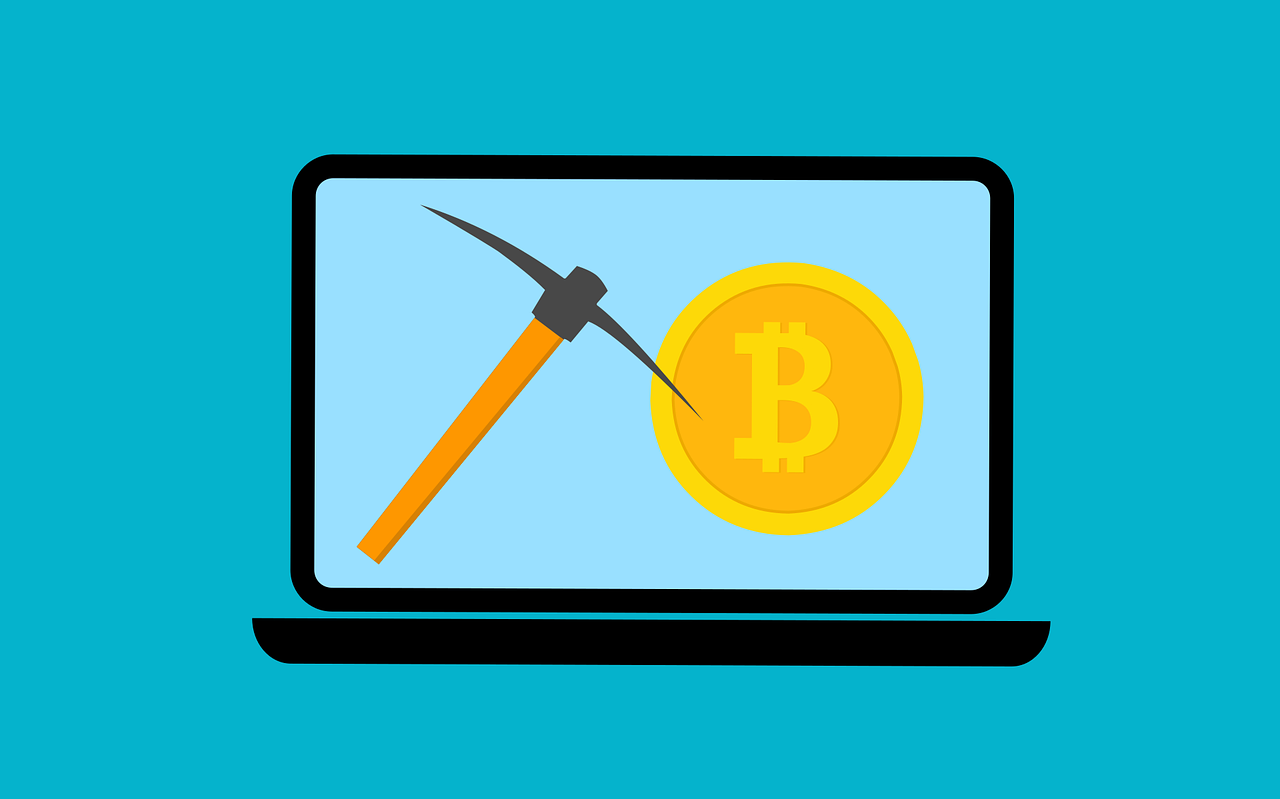
Bitcoin mining is a decentralized process that validates and secures transactions on the Bitcoin network while creating new bitcoins. In this detailed explanation, we delve into the intricacies of how Bitcoin mining works, exploring the underlying principles, the role of miners, the mining process, and the technology involved.
1. Overview of Bitcoin Mining:
Bitcoin mining is the process by which transactions are verified and added to the public ledger known as the blockchain. Miners compete to solve complex mathematical puzzles, known as hash functions, using specialized hardware. The first miner to solve the puzzle and add a new block of transactions to the blockchain is rewarded with newly minted bitcoins and transaction fees.
2. Role of Miners:
Miners play a critical role in the Bitcoin network by securing and maintaining its decentralized nature. They validate transactions, prevent double-spending, and ensure the integrity of the blockchain. Miners compete to find a valid hash for the next block of transactions, using their computational power to solve cryptographic puzzles and earn rewards.
3. Mining Process:
The mining process begins with the creation of a new block of transactions. These transactions are broadcast to the network and collected by miners into a candidate block. Miners then compete to solve a cryptographic puzzle, known as the Proof of Work (PoW), by repeatedly hashing the block’s header until they find a valid solution. The first miner to find the correct hash broadcasts the solution to the network, verifying the block and adding it to the blockchain. This process is known as “finding a block” or “mining a block.”
4. Proof of Work (PoW):
Proof of Work is a consensus mechanism used by Bitcoin to ensure that transactions are valid and that the blockchain remains secure. Miners must expend computational power to solve a mathematical puzzle, demonstrating that they have invested resources in securing the network. The difficulty of the puzzle is adjusted regularly to maintain a consistent block time of approximately 10 minutes.
5. Mining Hardware:
Mining hardware plays a crucial role in the mining process, as it determines a miner’s computational power and efficiency. Early Bitcoin miners used CPUs (Central Processing Units) to mine bitcoins, but as the network grew, miners transitioned to more powerful GPUs (Graphics Processing Units) and eventually to specialized ASICs (Application-Specific Integrated Circuits). ASICs are designed specifically for mining bitcoins and offer significant improvements in efficiency and hash rate.
6. Mining Pools:
Due to the competitive nature of Bitcoin mining, individual miners may struggle to compete against large mining operations. Mining pools offer a solution by allowing miners to combine their computational power and share rewards based on their contributions. In a mining pool, miners collaborate to solve blocks collectively, increasing their chances of earning rewards.
7. Block Rewards and Transaction Fees:
Miners are rewarded for their efforts with newly minted bitcoins and transaction fees. The current block reward is set at 6.25 bitcoins, halving approximately every four years as part of Bitcoin’s predetermined monetary policy. In addition to block rewards, miners also earn transaction fees for including transactions in the blocks they mine. Transaction fees serve as an incentive for miners to prioritize transactions with higher fees and contribute to the security of the network.
8. Environmental Impact:
Bitcoin mining has attracted criticism for its energy consumption and environmental impact. Mining operations require vast amounts of electricity to power the specialized hardware and cool the mining facilities. As a result, Bitcoin mining contributes to carbon emissions and environmental degradation in regions where electricity is generated from fossil fuels. Efforts are underway to develop more energy-efficient mining technologies and promote renewable energy sources for mining operations.
9. Conclusion:
In conclusion, Bitcoin mining is a decentralized process that plays a vital role in securing the Bitcoin network and validating transactions. Miners compete to solve complex mathematical puzzles using specialized hardware, earning rewards in the form of newly minted bitcoins and transaction fees. While Bitcoin mining has evolved significantly since its inception, it remains a dynamic and competitive industry driven by technological innovation, economic incentives, and the quest for decentralization and financial sovereignty.